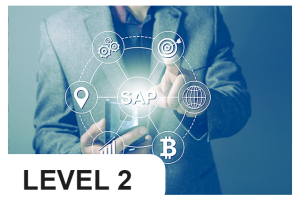Digitization of risk management in construction projects

Target group
The course is intended for employees of SMEs who are involved in project management, consulting and supervisory activities or administrations – architects and engineers from design companies, technical personnel from municipalities, technical persones municipalities, technical persons from construction and supervisory companies.
Experts can be from the following types of organizations:
- Small and medium enterprises
- Small mid-cap companies
- Public sector organizations for their non-economic activities
Description
The specialized course “Digitalization of risk management in construction projects” provides knowledge of standards for risk management in construction projects and skills in using digital solutions for risk management in construction projects.
Minimum educational requirements for participation in the training
Higher education and experience in construction project management
Hours/duration
16 hours
Form of training
The course can be conducted over 4 days for 4 hours or 8 days for 2 hours
The course can be conducted online
The course can be conducted on-site in the EDIH training hall
How to register
If this training is suitable for you, visit the calendar with all the upcoming dates, choose the most convenient one and sign up using the link provided.
-en.png)





